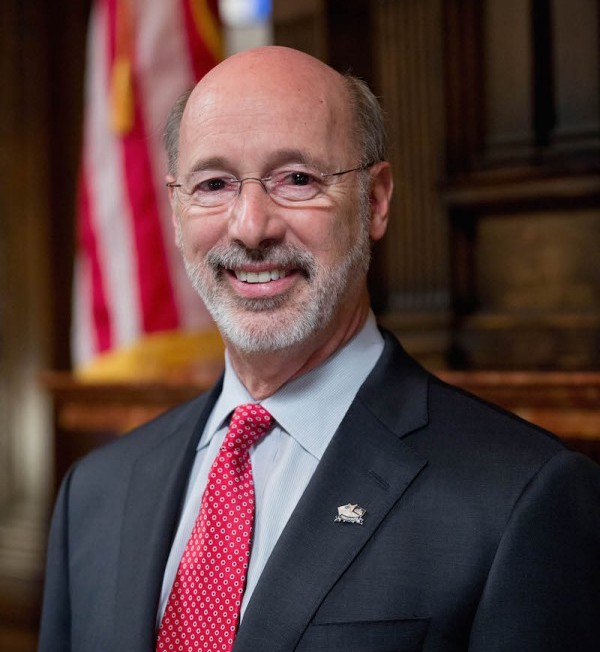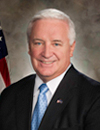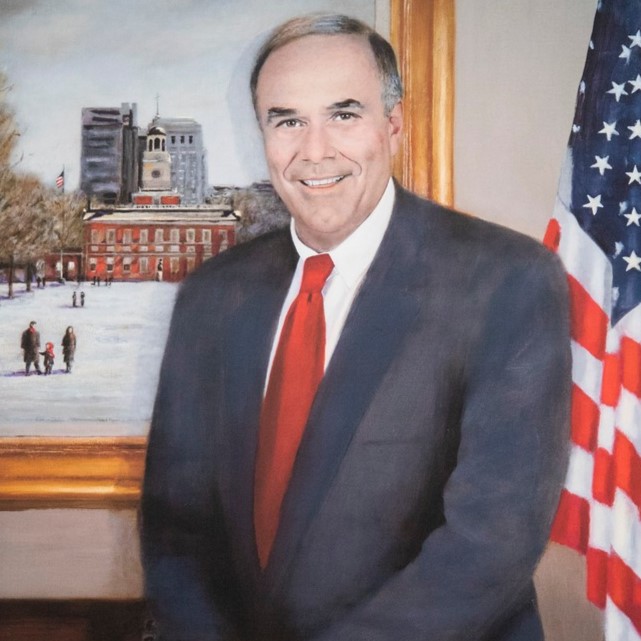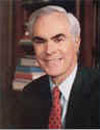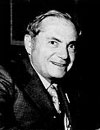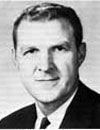Pennsylvania
Gov. William Freame Johnston
- July 26, 1848 - January 20, 1852
- Whig
- November 29, 1808
- October 25, 1872
- Pennsylvania
- Married Mary Montieth; seven children
- Succeeded
About
WILLIAM FREAME JOHNSTON was born in Greensburg, Pennsylvania. After studying law and winning admission to the Bar, he moved to Armstrong County, where he was appointed District Attorney. He was elected to the Pennsylvania Assembly in 1835 as a Democrat but later became a Whig and then a member of the American Party. He was reelected to the Assembly twice and later won election to the state Senate, becoming Speaker in 1848. In that capacity, he succeeded to the governorship after a brief interregnum in accordance with the state Constitution when the incumbent governor—Francis R. Shunk—resigned in July 1848 due to illness. Three months later Johnston won election in his own right by fewer than three hundred of the nearly 337,000 votes that were cast. As governor, he helped bring financial stability to the state and began the editing and printing of documentation of Pennsylvania’s early history in what continued as the Pennsylvania Archives. He was an opponent of the federal Fugitive Slave Law of 1850, believing that federal authorities had exclusive responsibility for enforcement without state involvement. A riot over the attempted capture of fugitive slaves that occurred just before the election of 1851 contributed to Johnston’s defeat for a second term as governor. He was nominated by the American Party to run for Vice President in 1856 but later withdrew from the campaign. He retired to Kittanning, where he became involved in iron making, salt manufacturing, and oil refining. He was also President of the Allegheny Railroad. Although President Andrew Johnson appointed him Collector of the Port of Philadelphia, he was forced to resign after only a few months when the Senate would not confirm him.
Source
Sobel, Robert, and John Raimo, eds. Biographical Directory of the Governors of the United States, 1789-1978, Vol. 4. Westport, CT: Meckler Books, 1978. 4 vols.
The National Cyclopaedia of American Biography, Vol. 2. New York: James T. White & Company.


